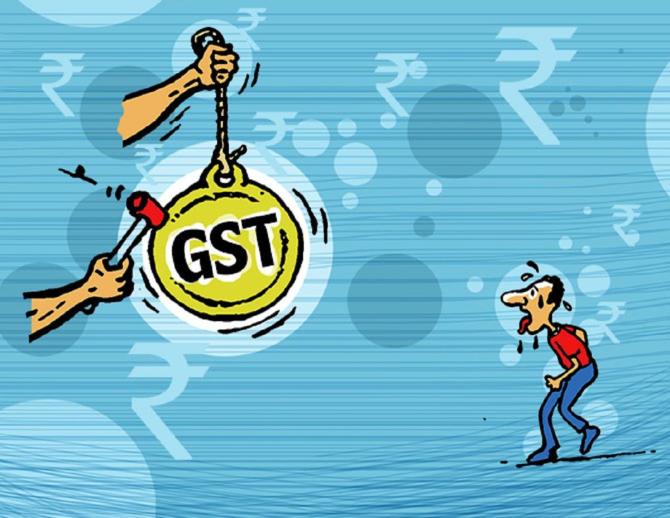Over 100,000 small and medium-sized businesses are non-compliant with e-invoicing norms under the goods and services tax (GST) regime, a mandatory requirement for businesses with an annual turnover of over Rs 5 crore.

E-invoicing provides real-time access to invoices that are prepared by the supplier on the purchase of goods, allowing faster accessibility to input tax credit, thereby limiting the manipulation of fake credit as it has to be generated before the transaction.
“The default has been reported mainly in businesses with a turnover between Rs 5 crore and Rs 20 crore,” a senior official informed Business Standard.
According to the official, 20-30 per cent of businesses within the turnover threshold are not compliant yet.
The authorities are issuing intimation letters to such businesses seeking compliance, failure of which would lead to “consequences”, he warned.
The Central Board of Indirect Taxes & Customs (CBIC), an apex body for indirect taxation in India, has revised the turnover threshold to Rs 5 crore from August 1.
This is to get more small enterprises that have a turnover between Rs 5 crore and Rs 10 crore within its ambit.
With this, only micro enterprises (turnover less than Rs 5 crore in line with the new micro, small and medium enterprises definition) remain outside the purview of e-invoicing.
“The intent of reducing the turnover threshold under e-invoicing was to bring small businesses within the formal economy. However, small and medium businesses that have been recently brought under this are either not aware or are evading tax compliance,” said another official.
Notably, non-issuance or the incorrect issuance of e-invoice is an offence under GST law, inviting a penalty which is 100 per cent of the tax due or Rs 10,000, whichever is higher for each invoice.
In the case of an incorrect invoice, the penalty will be Rs 25,000.
Besides, goods in transit are likely to be detained, and input tax credit claims may be denied.
This may also affect e-way bills.
“Non-compliance of e-invoice norms entails repercussions both for the supplier and recipient; with the recipient not being eligible for credit on the premise of it not being a valid supply and on the supplier for having made a supply without a valid tax invoice.
"There have been scenarios where valid supplies have been alleged by revenue authorities to be fictitious for reasons linked to non-compliance,” said Abhishek Jain, indirect tax head and partner, KPMG.
“We do not want to adopt an approach which is intimidating.
"We are going to nudge small businesses for the issuance of electronic billing,” CBIC chairman Sanjay Kumar Agarwal said at an industry event on Wednesday.
The e-invoicing mechanism helps improve compliance and transparency in sales reporting, minimising errors and mismatches, and automating data entry.
Under GST law, e-invoicing for business-to-business transactions was first made mandatory for companies with a turnover of over Rs 500 crore on October 1, 2020.
It was extended to entities with a turnover of over Rs 100 crore from January 1, 2021, and to those with over Rs 50 crore from April 1, 2021.
Later, the threshold was reduced to Rs 20 crore, Rs 10 crore, and now Rs 5 crore.
“Lowering the threshold will ensure there is no scope for manual reporting for small businesses.
"Therefore, only genuine input tax credit can be claimed,” said the official quoted earlier.
Taxpayers must generate invoices on their internal system or billing software and then report them to the invoice registration portal.
Without this, input tax credit cannot be claimed.
There are around 600,000 companies with an annual turnover of between Rs 5 crore and Rs 20 crore.
For 200,000 companies, the turnover is between Rs 20 crore and Rs 50 crore.
However, financial institutions, such as insurance, banking, and non-banking financial companies, and goods and passenger transportation services, besides units operating in special economic zones, are exempt from e-invoices.











